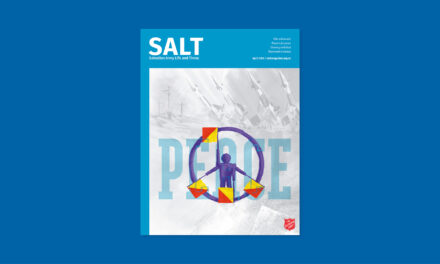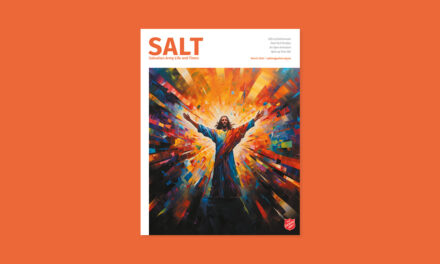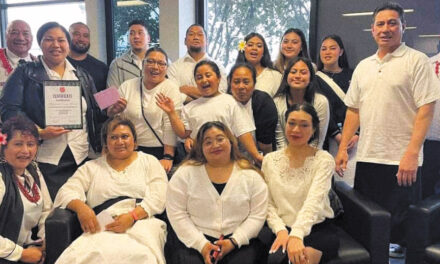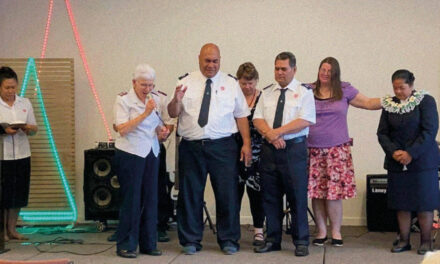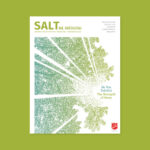
State of the Nation 2024: Ngā Tukunga Iho
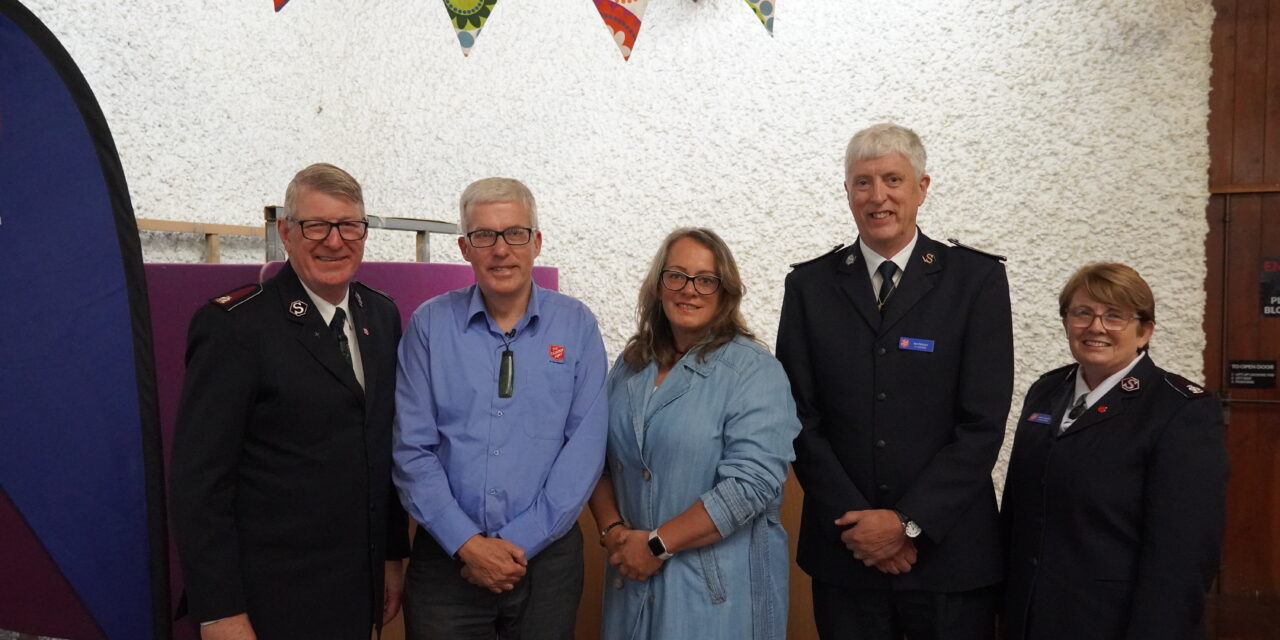
The State of the Nation 2024 report highlights the challenges facing many people across Aotearoa and emphasises the need for cooperation to create a fairer society. Ben Mack looks at some of the key findings.
Early in the morning of Thursday 15 February, the State of the Nation 2024 report was launched at Loaves and Fishes hall in Wellington. The event commenced with a welcome and karakia (prayer) from Bishop Kito, co-chair of The Salvation Army Rūnanga, followed by introductions from Lt-Colonel Ian Hutson, the director of the Social Policy and Parliamentary Unit, and Territorial Commander Commissioner Mark Campbell.
This is the 17th State of the Nation report, and the event was well attended by politicians, city councillors, representatives from other NGOs and members of The Salvation Army.
The things we inherit
Report co-author Paul Barber presented to the audience an overview of the findings of the report, which highlighted that many people across the motu (land) are doing it tough. The deepening cost of living crisis, increasing rental costs, lack of affordable housing and wage inequality for women, Māori and Pasifika people are some of the many increasingly difficult challenges highlighted in the report, titled Ngā Tukunga Iho—The Things We Inherit.
The report looks at what has improved in recent years, in addition to where conditions have deteriorated—in other words, where things have gotten better, and where they’ve gotten worse across five specific areas: Children and Youth, Work and Incomes, Housing, Crime and Punishment, and Social Hazards. There is also a special section called Māori Wellbeing that uses He Ara Waiora wellbeing framework to look at those five areas specifically for Māori.
Says Lt-Colonel Ian Hutson, ‘The theme of the 2024 report reflects the fact that the new government inherits both the achievements and the challenges from the previous government. It reminds us that the actions taken today will affect future generations and how they will live.’
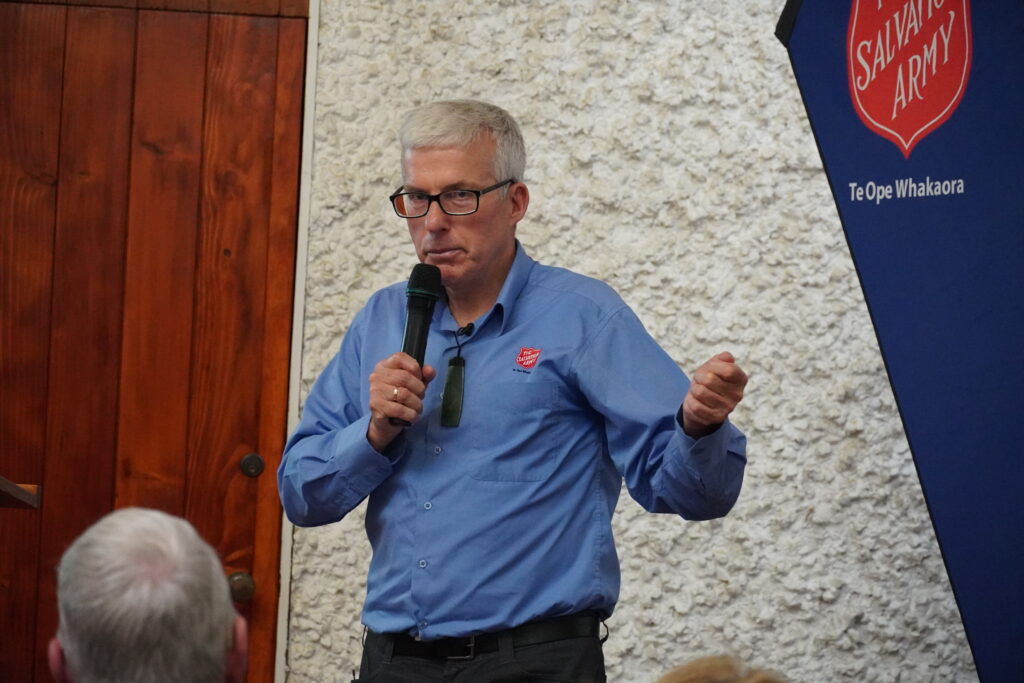
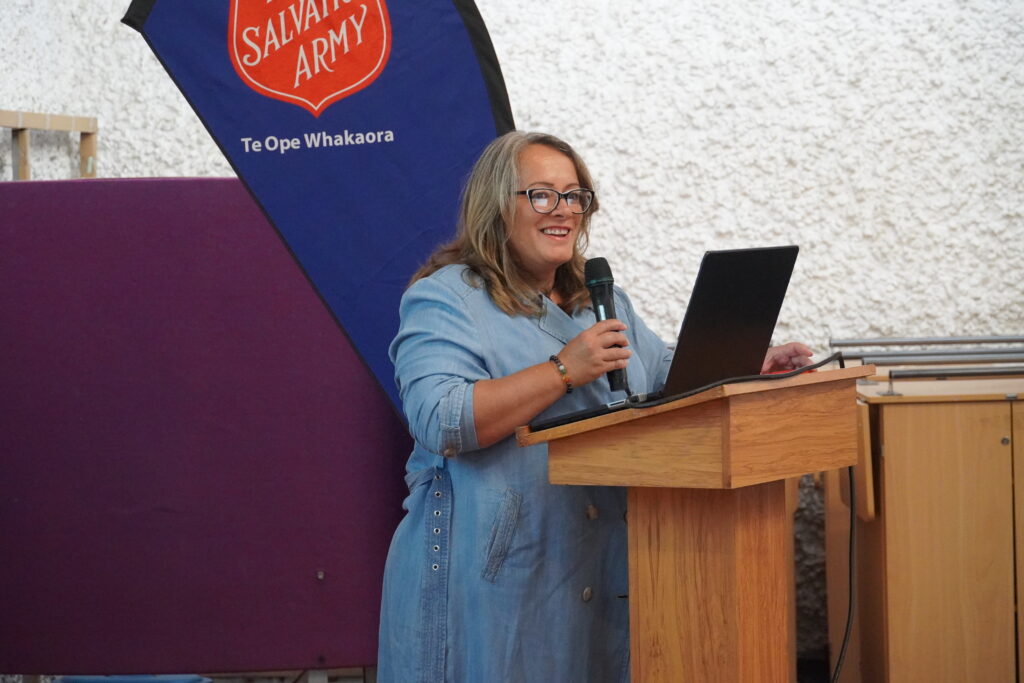
Gains and losses
Areas of progress reported include reductions in child poverty; nearly 14,000 more social housing units; sustained low unemployment; increases in real incomes for households on the lowest incomes; reduced income inequality; declines in alcohol and drug consumption; lower rates of youth offending and reduced reimprisonment rates.
However, some things are getting worse. These include the rising cost of living impacting lower-income households; rents in lower-income communities rising ahead of inflation; increasing food insecurity and financial hardship; rising trends in violent offending and victimisation; worsening education outcomes and higher rates of moderate to high mental distress among young people.
There also hasn’t been enough progress to reduce inequities affecting Māori. The report shows there continues to be large barriers impacting Māori educational outcomes, housing, employment, imprisonment and harm from alcohol and other drugs. Put another way, discrimination remains a problem in Aotearoa in 2024.
Ian says, ‘Focusing on distinctive approaches that work for Māori are crucial. Education outcomes are largely equal with other school students when rangatahi (young people) Māori learn in schools where Māori is the main language of instruction. This shows equity is achievable.
‘The new government needs to build on the progress made … and learn from what works.’
Some key points of the State of the Nation 2024 report:
Children and Youth
Child poverty reduction is a key achievement of the past five years. But large, unequal impacts of poverty on Pasifika, Māori and children living with disabilities means there’s still much work to be done.
There were declines in the number of suicides among young people under 25 years as well in the proportion of young people reporting moderate to high mental distress, but rates are still too high. Education achievement rates fell for all students in 2022 (the most recent statistics available), with Pasifika and Māori students experiencing larger declines in achievement.
Housing
Unaffordable housing and homelessness continue to haunt people on low incomes. A combination in the slowing number of new housing consents and record high inward migration means housing supply is once again falling behind what is needed to meet the large population growth of the past year.
Rents in lower-income communities are rising faster than overall inflation, and median house prices were increasing again by late 2023. These factors forced more people into housing need as the number waiting for government social housing increased again in 2023. Social housing supply has grown considerably—the past six years saw just under 14,000 additional social housing units added. But more than 25,000 are still needed.
Crime and Punishment
The level of reported and unreported crime has risen overall in the past year. Reported violent offences such as assault and family violence are increasing. Recent government strategies to counter family violence have led to more reporting and more police and justice action.
Social Hazards
There were declines in per capita consumption of alcohol and in overall rates of hazardous drinking, with rates for Māori showing the biggest reduction. The indicators also showed lower rates of illicit drug use in 2023 and fewer convictions for supply or possession of illicit drugs. Gambling losses per capita increased to more than $1 billion this year, even as the number of pokie machines has continued to reduce. Signs of financial hardship, such as KiwiSaver hardship withdrawals, were on the increase.
Work and Incomes
High levels of employment continued during 2023, but towards the latter part of the year unemployment began to rise again. There is evidence of reducing income and wage inequality, but gender and ethnic earning inequities are not closing fast enough. Although fewer households were reporting in mid-2022 that they didn’t have enough income to meet daily needs, higher inflation since then has been putting more pressure on low-income households. Food insecurity for households with children increased in 2023.
Read the full State of the Nation report at salvationarmy.org.nz/SOTN2024

